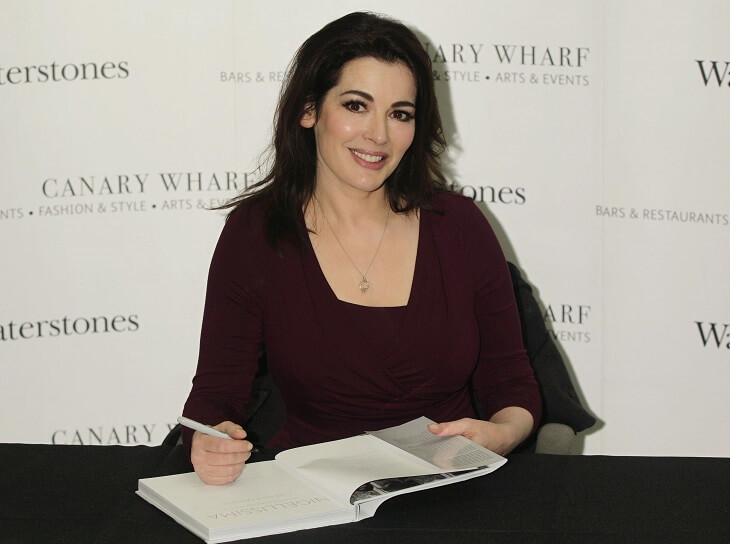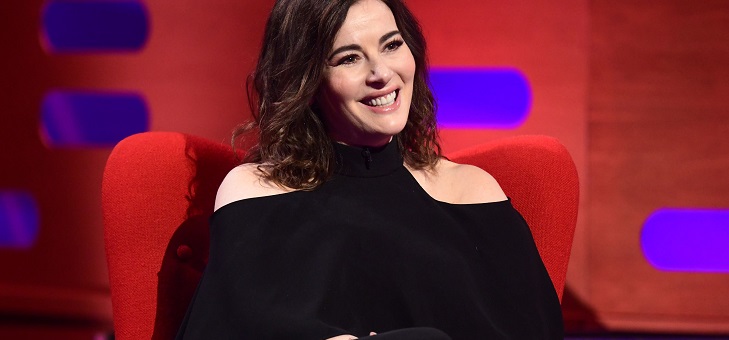Nigella Lawson has admitted she felt “very run down” after trying veganism, lasting only two weeks on a plant-based diet.
The 61-year-old TV cook told The Sunday Times: “I couldn’t be vegan, though I do love vegetables. I don’t see the point. I’m very happy to not eat so much meat, but I do love it.”
After her stint going vegan, Ms Lawson says she felt she “needed eggs, suddenly” – perhaps a sign her diet was lacking in vitamin B12, or she just hadn’t quite mastered vegan baking.

Veganism is on the rise, with people choosing a plant-based diet for various reasons, from health to the environment. If you’re considering making the change – but want to last a bit longer than Ms Lawson’s two weeks – there are certain mistakes to watch out for.
Doing too much, too soon
If you’re a dedicated carnivore and have decided to go meat-free, we wouldn’t recommend going cold turkey straight off the bat.
Instead, it’s much wiser to make changes slowly but surely. Maybe start by having one meat-free day a week or cutting out red meat – when that feels comfortable, try vegetarianism before going full vegan. If you give yourself time to get used to these shifts in your diet, the changes will likely be much more sustainable long term.
Read: The benefits of meat free days
Not getting enough B12
Ms Lawson’s egg cravings could be a sign she wasn’t getting enough B12. This tends not to be a problem if you’re an omnivore – B12 is found in animal products such as eggs, dairy and meat – but requires a bit more effort if you’re a vegan.
Symptoms of a B12 deficiency include extreme tiredness and a lack of energy. If you’re new to a plant-based diet, make sure you’re getting enough in your diet by eating foods fortified with B12 (including some plant-based milks, cereals and nutritional yeast), or start taking supplements.
Relying too heavily on processed foods
From meat-free burgers to vegan sausage rolls, the market for plant-based foods has exploded in recent years. While it’s great there are so many options out there, be wary of relying too much on these products.
Meat alternatives tend to be more processed than whole foods you cook yourself, so they might contain more salt, sugar and saturated fat than you’d expect. Cooking your own meals from scratch will likely be healthier and save you money along the way.
Read: Eating too much processed food can affect brain function – and quickly
Missing out on protein
The average woman should aim to eat 45g of protein a day, and 55g for men. Not particularly tricky if your diet includes meat, but you’ll have to do a bit more planning as a vegan. To make sure you’re eating enough protein, look to foods such as pulses, oats, nuts and even some vegetables (you’d be surprised at how much protein there is in asparagus, broccoli and kale).
Read: Foods with more protein than eggs
Not eating enough calories
Meat and dairy tend to be quite calorie dense. However, if you’ve replaced your normal meals with pulses and vegetables, you might find you need to eat more to give you the energy you need to go about your day.
Have you tried going vegan? Did you succeed? Please share your tips in the comments section below.
– With PA
If you enjoy our content, don’t keep it to yourself. Share our free eNews with your friends and encourage them to sign up.

